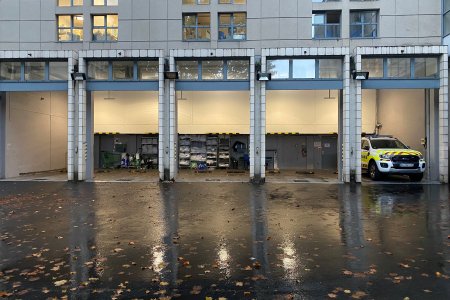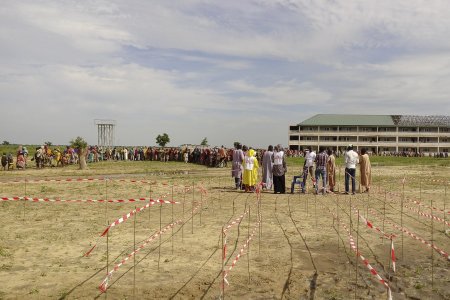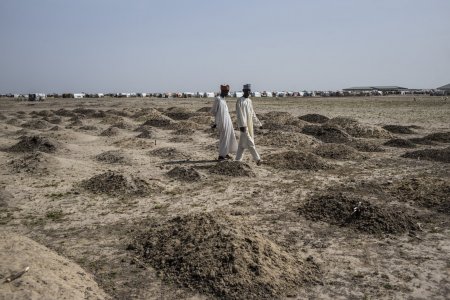 Olivier Guillard
Interview
Olivier Guillard
Interview
12/08/2022
Jean-Sébastien Marx
Olivier Guillard
Elba Rahmouni
“Death is an extremely grave non-emergency; its only treatment is mourning”. That is how doctor Miguel Martinez Almoyna introduces his concept of emergency. The retired 92-year-old anaesthesiologist played an active role in creating France’s SMUR, and later SAMU, emergency medical systems. Still quite active overseas (in Brazil and Mexico), where he has exported the French pre-hospital model, he explains his approach to régulation médicale, whose purpose is to guide patients to the medical services their condition requires while offering a range of responses corresponding to different degrees of severity and urgency.
 Shaista Aziz/MSF
Interview
Shaista Aziz/MSF
Interview
07/01/2019
Isabelle Defourny
Elba Rahmouni
In 2016, the Operations Department commissioned a critical review of the operations carried out between 2015 and 2016 in Borno State by MSF France in the north east of Nigeria. In response, and with the help of Epicentre, Judith Soussan and Fabrice Weissman from CRASH produced a detailed historical account of the analyses made of the situation by the teams, capital and headquarters at the time, as well as the objectives they set themselves, the actions they undertook, the obstacles they encountered and the results they achieved. As part of this project, some of the directors and operations managers who had been involved in these operations took a retrospective look at their own practices: were they late in responding to the catastrophic situation in the IDP camps in rural areas and on the outskirts of Maiduguri, the capital of Borno State, in 2016 and, if so, why? What conclusions can be drawn a posteriori about the operational choices made and the effectiveness of MSF intervention strategies? And, to take things a step further, what does this experience teach us about how MSF functions and how our teams work? Interview with Isabelle Defourny, Operations Director at MSF-OCP. By Elba Rahmouni.
 Sylvain Cherkaoui/COSMOS
Opinion
Sylvain Cherkaoui/COSMOS
Opinion
06/25/2018
Fabrice Weissman
The crude mortality rate (CMR) is one of the most widely used indicators at MSF and the humanitarian sector to evaluate the severity of a health crisis within a given population. It is widely recognized that a CMR equal to or greater than one death per 10,000 persons a day signifies an emergency situation requiring an immediate response. However, the usage of the standard emergency threshold as “1/10,000/day” is very questionable: it goes against the official recommendations endorsed by humanitarian organizations and ignores the worldwide decline in mortality rates over the last 30 years.
 Olivier Guillard
Interview
Olivier Guillard
Interview

